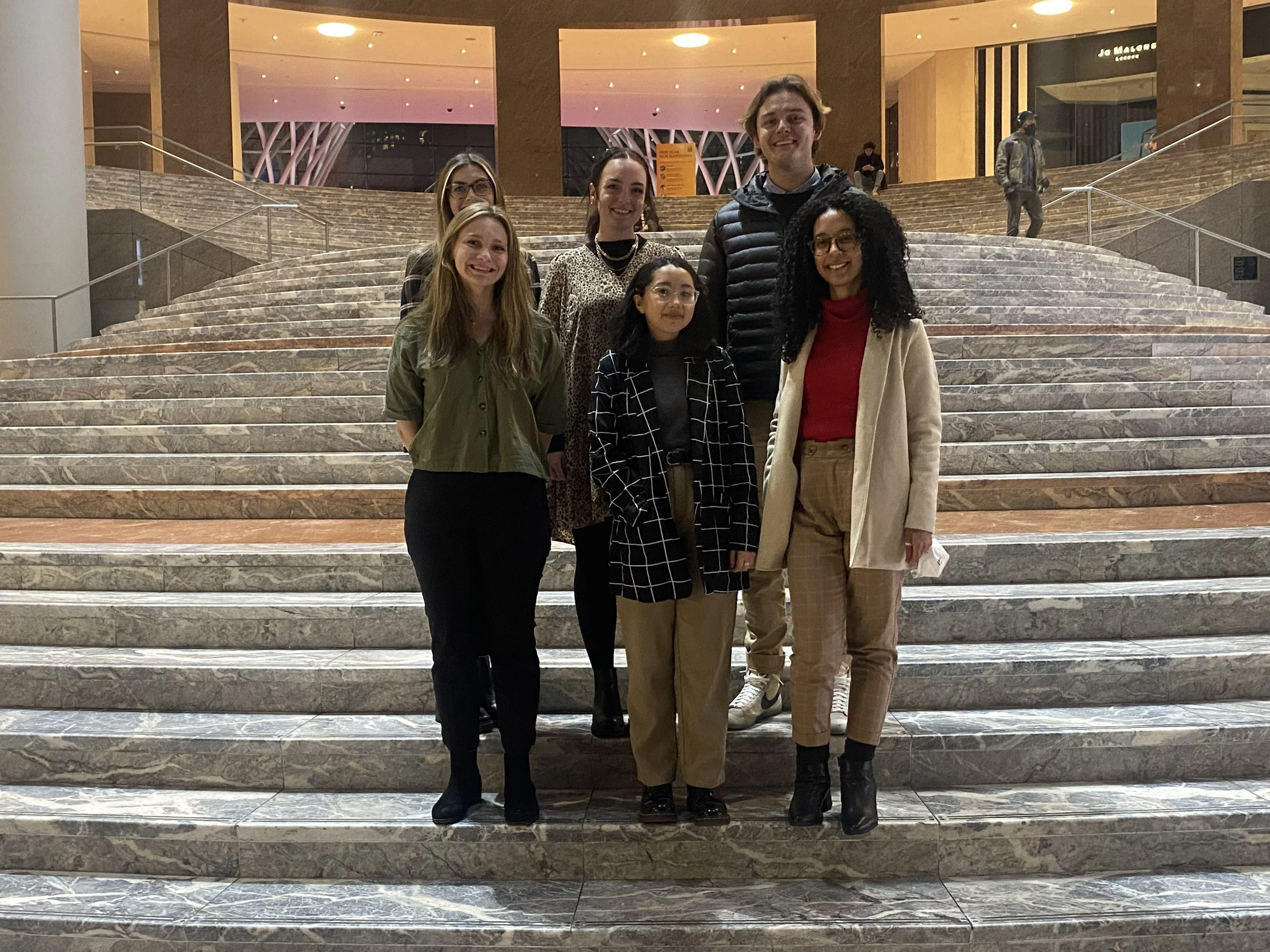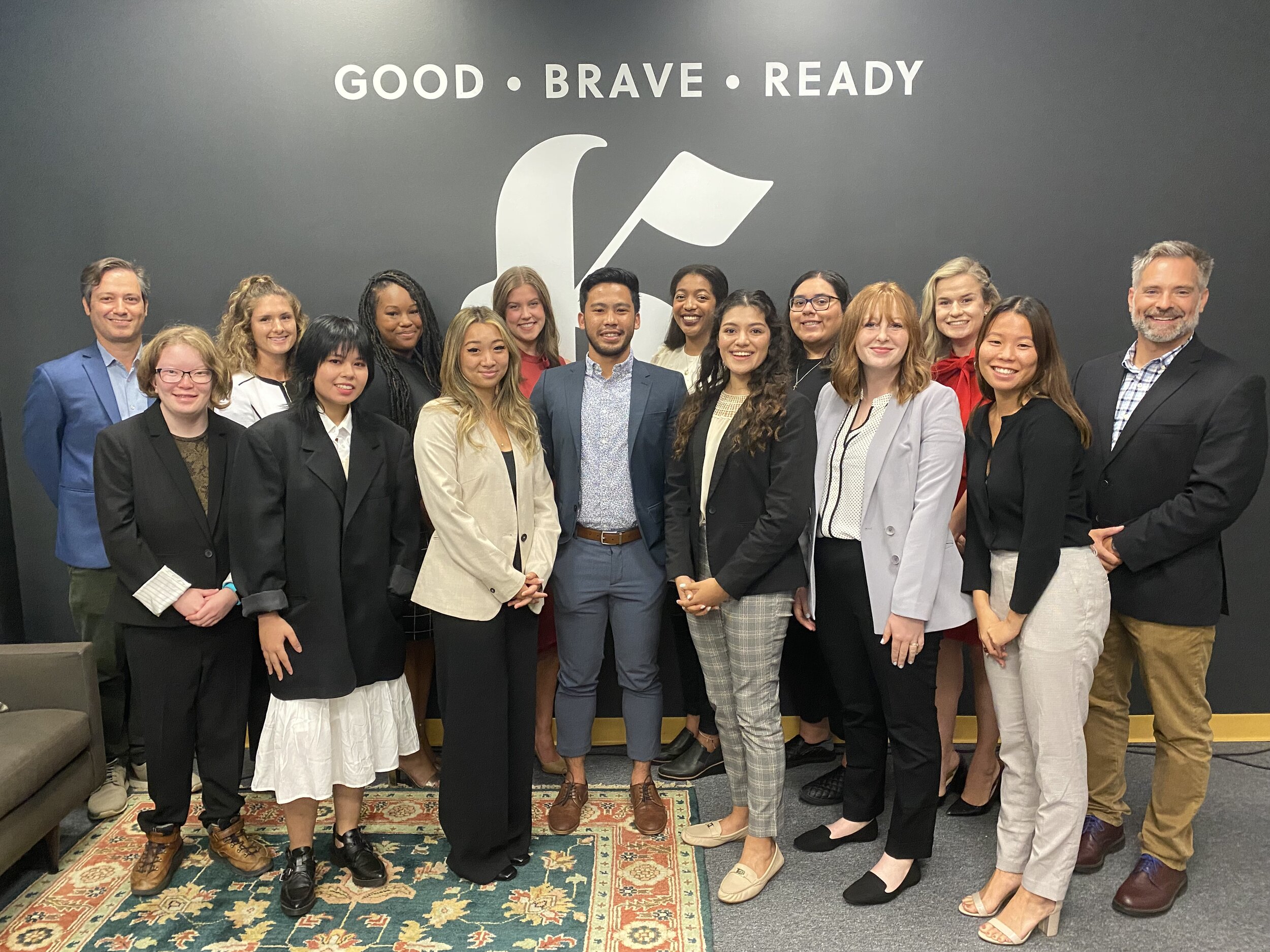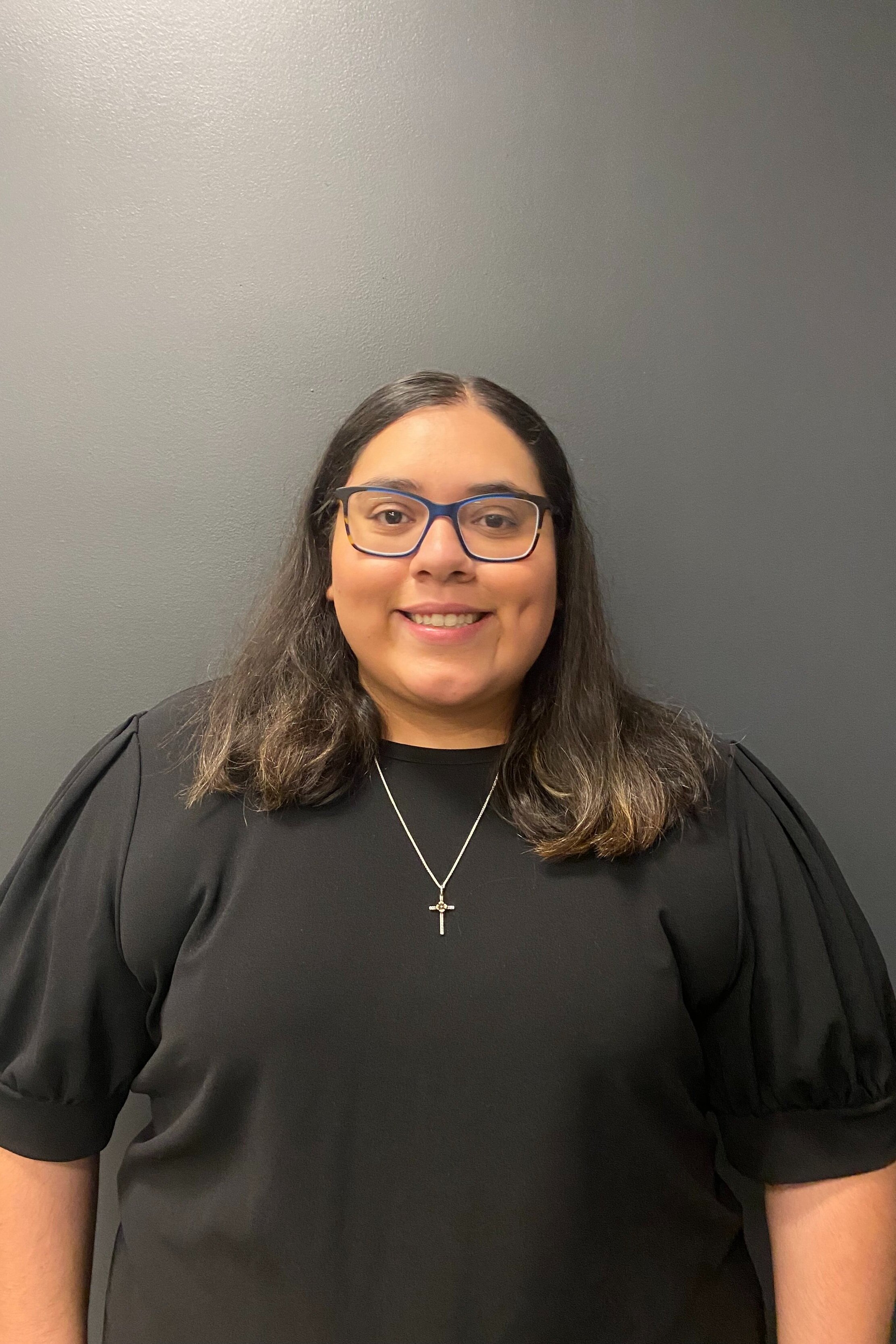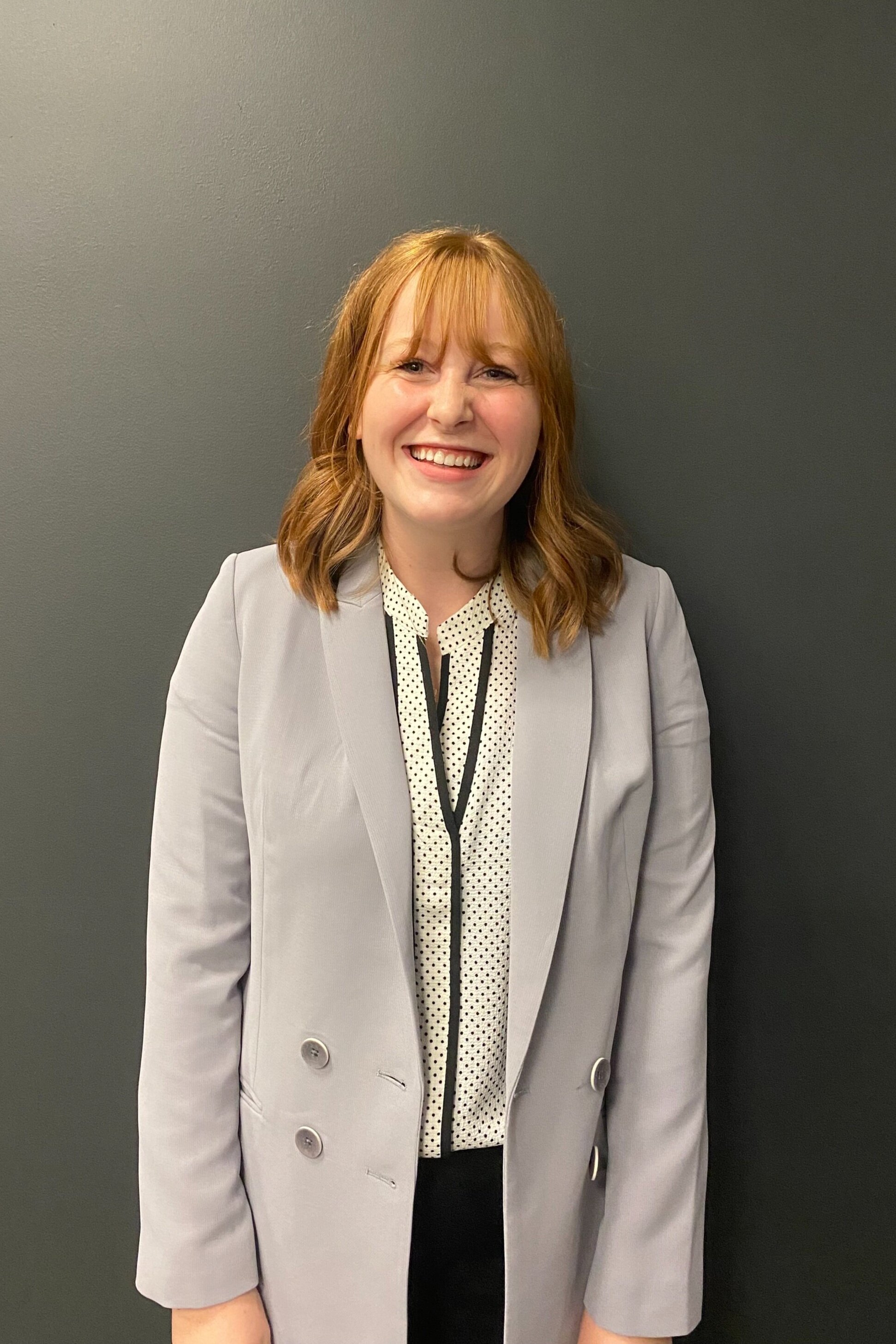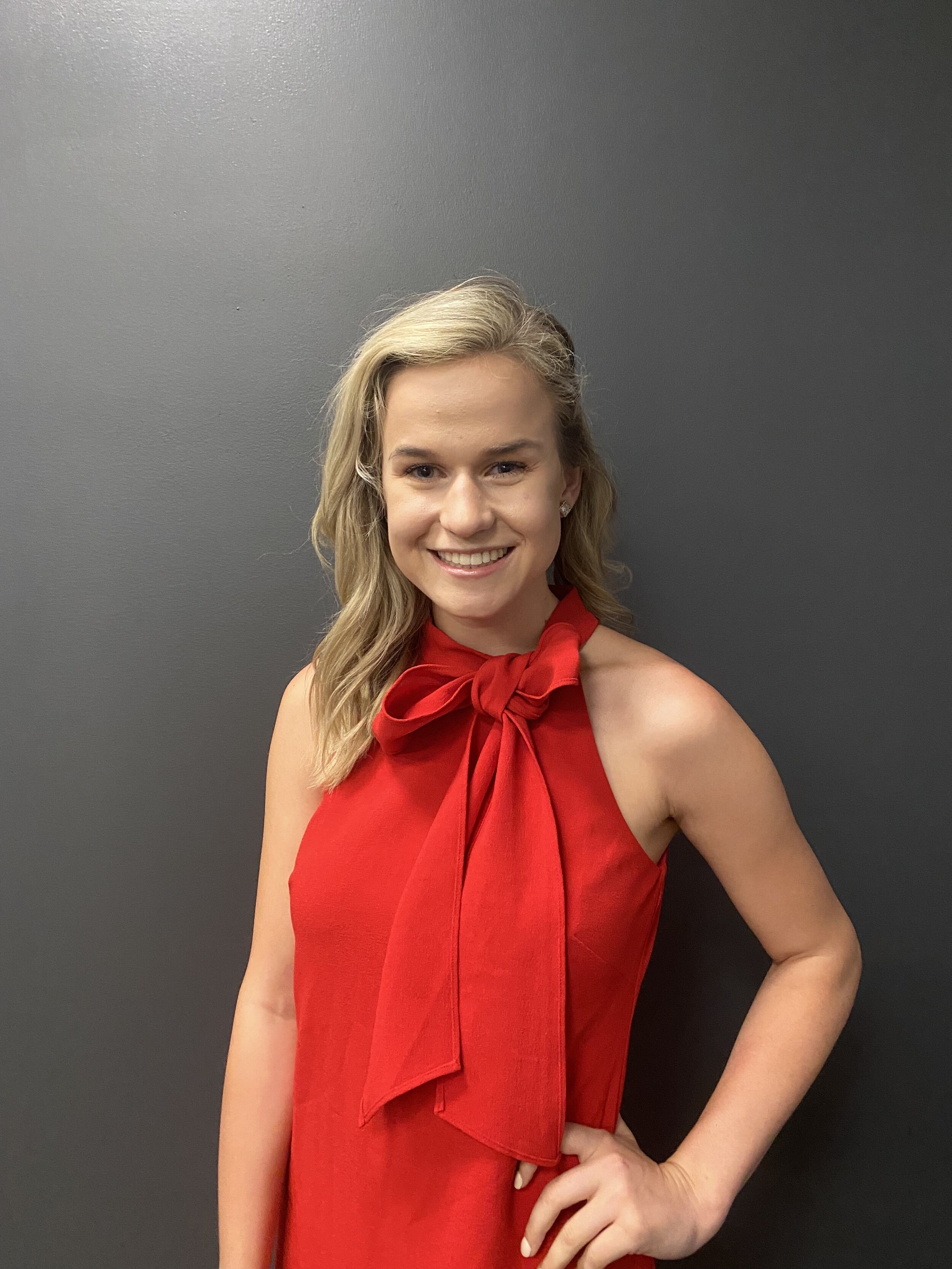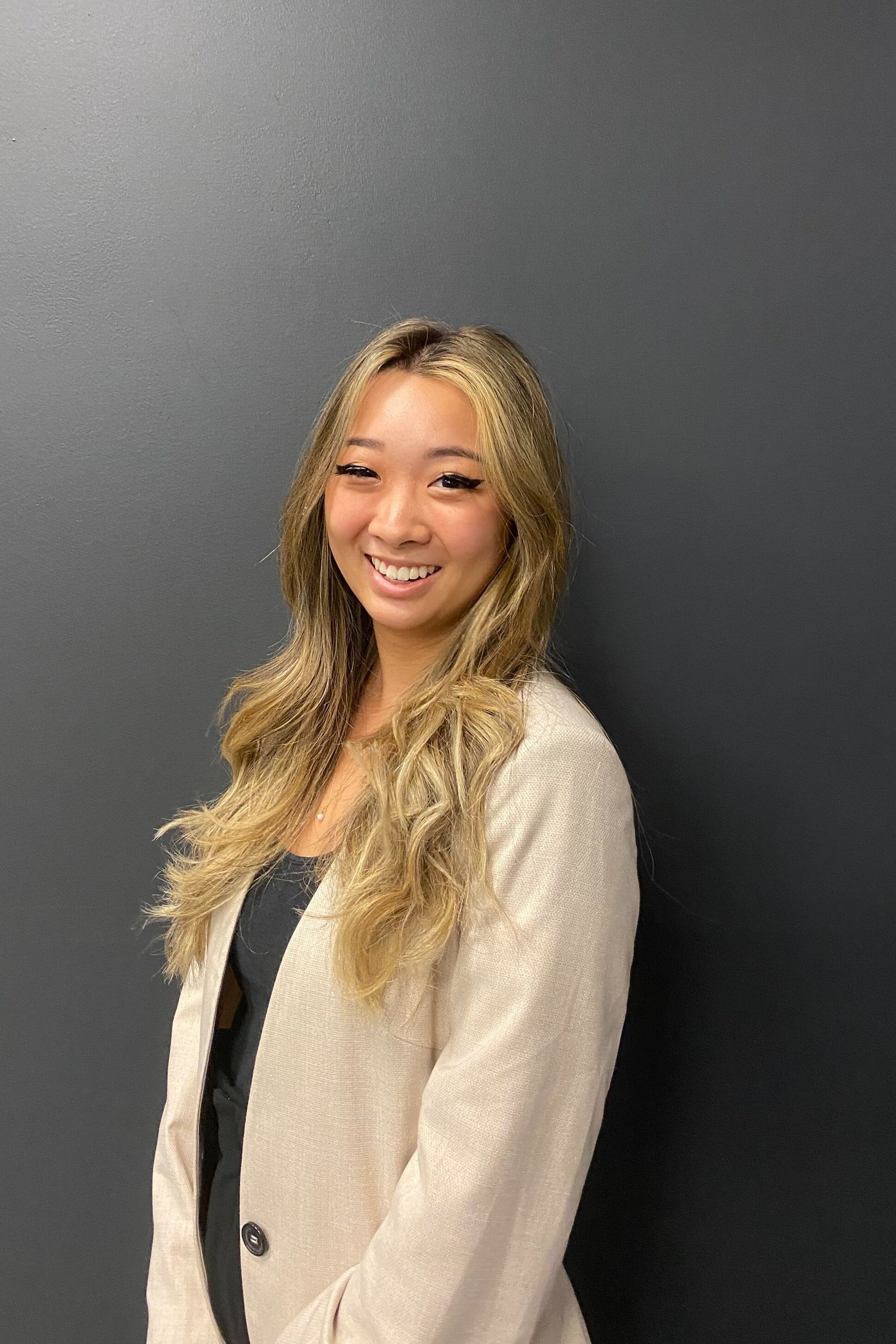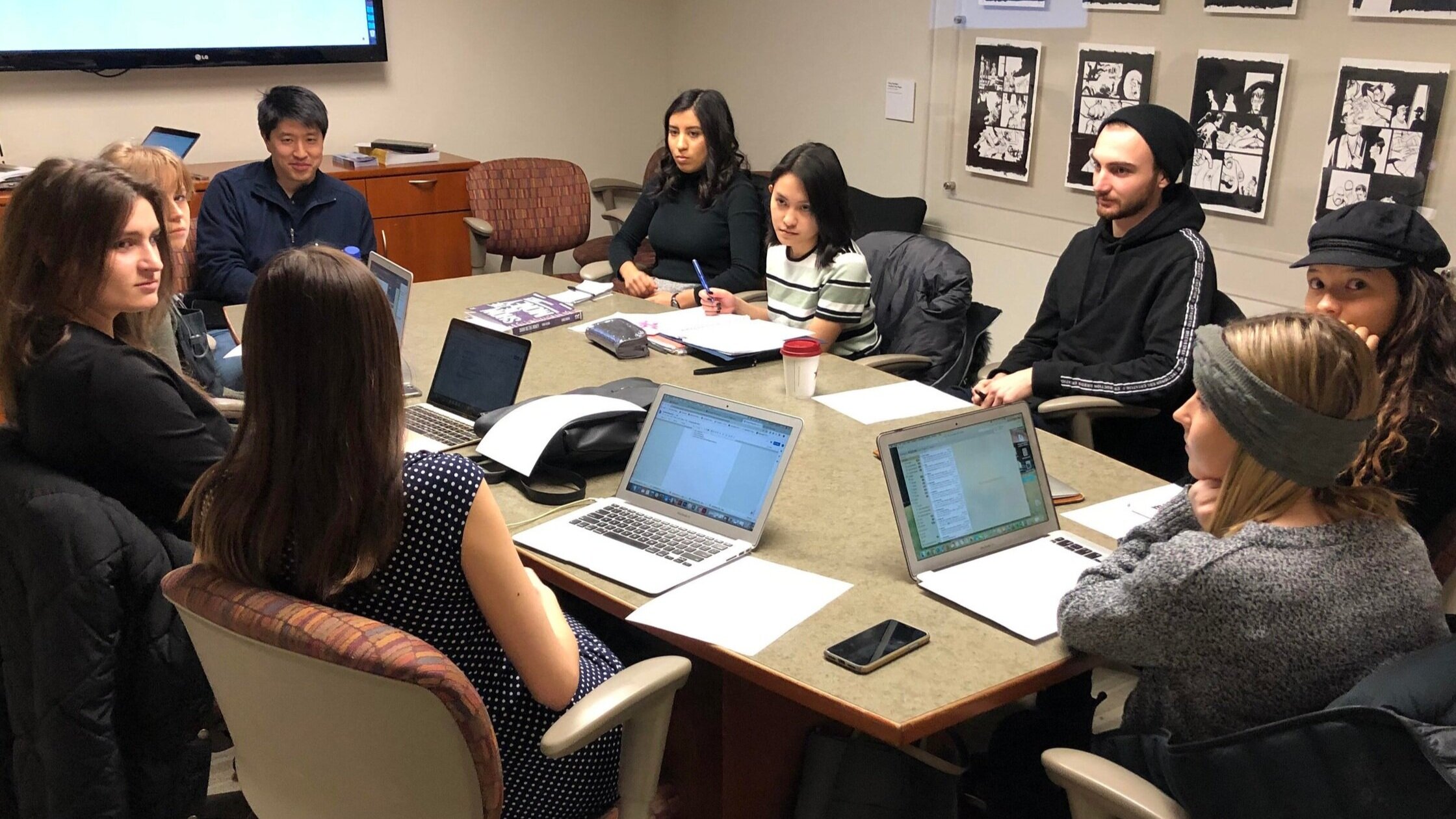What will a student enrolled in The City learn?/What do you most hope students learn?
The goal of the course is to help students discover exactly what it is that made New York City the vibrant and exciting place it still is today. We take what is called in urban studies an “ecological approach” to understand how New Amsterdam — a sleepy trading post — became the thriving metropolis it is today.
The ecological approach looks at four different variables including Population, Organization, Environment and Technology to help us understand why New York – and not Philadelphia, or New Orleans, or any one of a number of cities—became the premier city in the country. I allow students to conclude for themselves which of the four variables they see as “most important” in helping to explain how New York became New York. Many of them choose environment as the explanatory variable because of our deep water harbor and access to the hinterlands but I would argue that it is the people of New York City – from the earliest days — that made the access to the hinterlands possible by building the Erie Canal. And it was the people of New York that actually created the deep water harbor. Just a few steps away from King’s College is Pearl Street – it was called Pearl Street because at one time Pearl Street was just a big oyster bed—that filled with water. The people of New York used technology to dig and create the deep-water harbor that facilitated trade. To me, the people and the culture they created is what makes New York City what it is today.
How does the past relate to current issues?
Throughout the course we look closely at the people and events that shaped New York as a place for business, the arts and the media. For example, we begin with the Dutch who brought the capitalist spirit — the need the develop a trading post that would rival all others. I am Dutch — my father was part of an early Dutch family in Manhattan — so I guess I give a bit more attention to the early Dutch settlers here than most others. We look closely at Peter Stuyvesant and his role in creating New Amsterdam’s governance. Then, we move on to the Revolutionary War and the pre-Revolutionary role of journalist, John Peter Zenger—an immigrant from Germany who became a printer and publisher in the City. We maintain that Zenger singlehandedly “won” for us, the freedom of the press. Zenger did this by printing the New York Weekly Journal—an early tabloid that was used in the pre-Revolutionary times to poke fun at the English leaders of the new colony. Zenger published irreverent cartoons of William Cosby, the royal governor of New York — depicting him as assorted farm animals — in order to protest his policies. In response, Governor Cosby had Zenger imprisoned. But, with the help of very smart lawyer from Philadelphia, Zenger was released and the freedom of the press was officially established. Zenger is still a symbol for the freedom of the press—and we are still debating today how much freedom the press should have.
Throughout the course, we look at the important role that Christianity has played—and continues to play—for the City. While the Dutch did not get around to building a church in New Amsterdam for more than decade, that did not mean that they did not worship and thank God for bringing them to this beautiful island. It was just that the Dutch believed that to honor God they needed to work hard and provide for their families in this new world. Establishing a flourishing trading post enabled them to later build a church and hire a minister for their fledgling colony.
How will we respond to calls for police reform?
The Black Lives Matter movement has great resonance for us in this course. Since we take a socio-historical perspective, we will look at other periods in our City’s history when there were similar calls for police reform. As each wave of immigrants came to the City, there were calls for police reform as each new immigrant group experienced what they perceived as discriminatory practices by those who came before them. When the Irish immigrants arrived in large numbers, they were treated harshly by those earlier immigrants who were charged with law enforcement. The word “Paddy Wagon” came from the fact that Irish criminals were far more likely to be arrested and put into the police carriages than any other ethnic group. The Irish came to power eventually by becoming police officers, politicians and priests — and then they were able to determine who would be arrested and incarcerated. The Irish then were viewed as discriminating against the next ethnic group to arrive in the City — the Italians and the Eastern Europeans—who were barred from jobs with the police department and were more likely to be arrested and incarcerated than the Irish.
This demographic imbalance on the police department became a problem in July, 1863, during the New York City Draft Riots when the anger of working class New Yorkers over a new federal draft law during the Civil War sparked five days of riots in the City. African Americans were often the target of the rioters’ violence — some were lynched, many were murdered and some of the perpetrators were on the City’s police force.
Today, the NYPD demographics have changed dramatically as white police officers are in the minority. Of the 35,783-member police force, only 47% are White, and 53% are Black, Latino or Asian American. Still, the perception remains that the NYPD does not understand inner-city concerns about what some residents view as unfair treatment of Blacks and Hispanics. We will explore the cultural contributors to that perception in the course.
Are middle class and wealthier New Yorkers fleeing NYC?
While it cannot be denied that COVID has demonstrated to us that we may not have to be physically present in an office in the City in order to get our work done, I just cannot agree with the National Review and NYTimes claims that COVID has “changed” the City forever. We have faced challenges that were even greater in the past – during the Depression of the 1930s, we had more than 25% of the New York City workforce unemployed. The 1970s flight of businesses and jobs out of the City was actually much worse than the current crisis. I am confident that New York will be back better than ever. New Yorkers are resilient and even though there are indeed some jobs that can be done remotely, journalists, artists, actors and writers will continue to live and work in the City. We are still the financial capital and although many businesses may believe they can have their workers relocate elsewhere, New York will remain the heart of the business world.
Have you taken on any new interests since COVID?
I have had much more time to devote to research and writing about the cultural fallout from the COVID lock-down. And, now during this period of protest, I have been writing and publishing articles in the secular and religious press which attempt to explain our current cultural predicament.
What are you most looking forward to at King’s?
For me, the main attraction to King’s has always been the students. They are among the most highly motivated and talented students I have ever worked with in my more than three decades of college teaching. I am grateful for their enthusiasm and their optimism – and the many gifts they bring including their great love for God and their desire to know and serve Him. I have had the great privilege to work with several King’s students even after graduation. A few years ago, I co-authored a book with a former King’s student. This student, Christopher White, was my research assistant during his undergraduate years and we stayed in touch and ended up collaborating on several articles that were published in The Wall Street Journal, USA Today and other newspapers. Eventually, we co-authored a book that was published by Encounter Books, Renewal. Now that student, Christopher, is a talented journalist for the National Catholic Register, formerly a correspondent for Crux.
What was your most pivotal moment?
More than 20 years ago, I made a conscious decision to begin writing for a more general audience with my books and articles. Until that time, I had written primarily for a scholarly audience but was reaching very few readers. But, once I published my Politics of Deviance book in 2002—and directly targeted my writing toward readers who wanted to be part of the conversation, it has changed everything for me. Since that time, each book I have published, and all of the hundreds of articles I have written and published in the media is always geared to an educated reader who appreciates fact-based opinion writing.
Which book is most relevant to the times?
My newest book, The Politics of Envy is in the production process and is due to be released in October—before the election. The book, which is written from a biblical perspective on the sin of Envy, argues that when toxic envy grows unchecked, it will inevitably destroy an individual, a family, a society—even a civilization. I believe that envy today has reached a tipping point, fueling acts of anger, violence, and revenge in America’s cities and corporate boardrooms. In the book, I argue that much of the attraction to socialism is driven by a malign envy that has been nurtured by craven politicians and incited by some in the media. There is an entire chapter on the role of social media in encouraging envy.
Go-to Advice for student journalists?
Write! Find a faculty member who loves to write and tell him or her your ideas. See if they are willing to let you be part of their research or editing process. I have published several op-eds and essays with undergraduate students. The important goal is to develop your own “voice.” When I taught the Persuasive Writing course at King’s several years ago, I would tell students to pretend that you are sitting in your office and you are telling a friend about an event that is occurring and you want that friend to know all of the facts. And, if you are writing an opinion piece, write like you would want your friend to know what you think of those facts.
How Does NYC still matter?
New York will always matter for young journalists, theater students, art students or business and finance students because each of these require the kind of human interactions in dense urban environments that only NYC can provide. While some businesses may have left the City—as they did in previous economic downturns like the 1970s—there will always be newcomers in the years to come. The course in The City will demonstrate that these newcomers have been arriving on our shores over and over again, from across the country and the world for more than four centuries. Some are arriving right now and right here at The King’s College. I share their spirit of adventure and optimism—and I am grateful that they are here! Our City’s history should reassure us that after previous declines, we lifted ourselves from the depths and flourished like never before.
